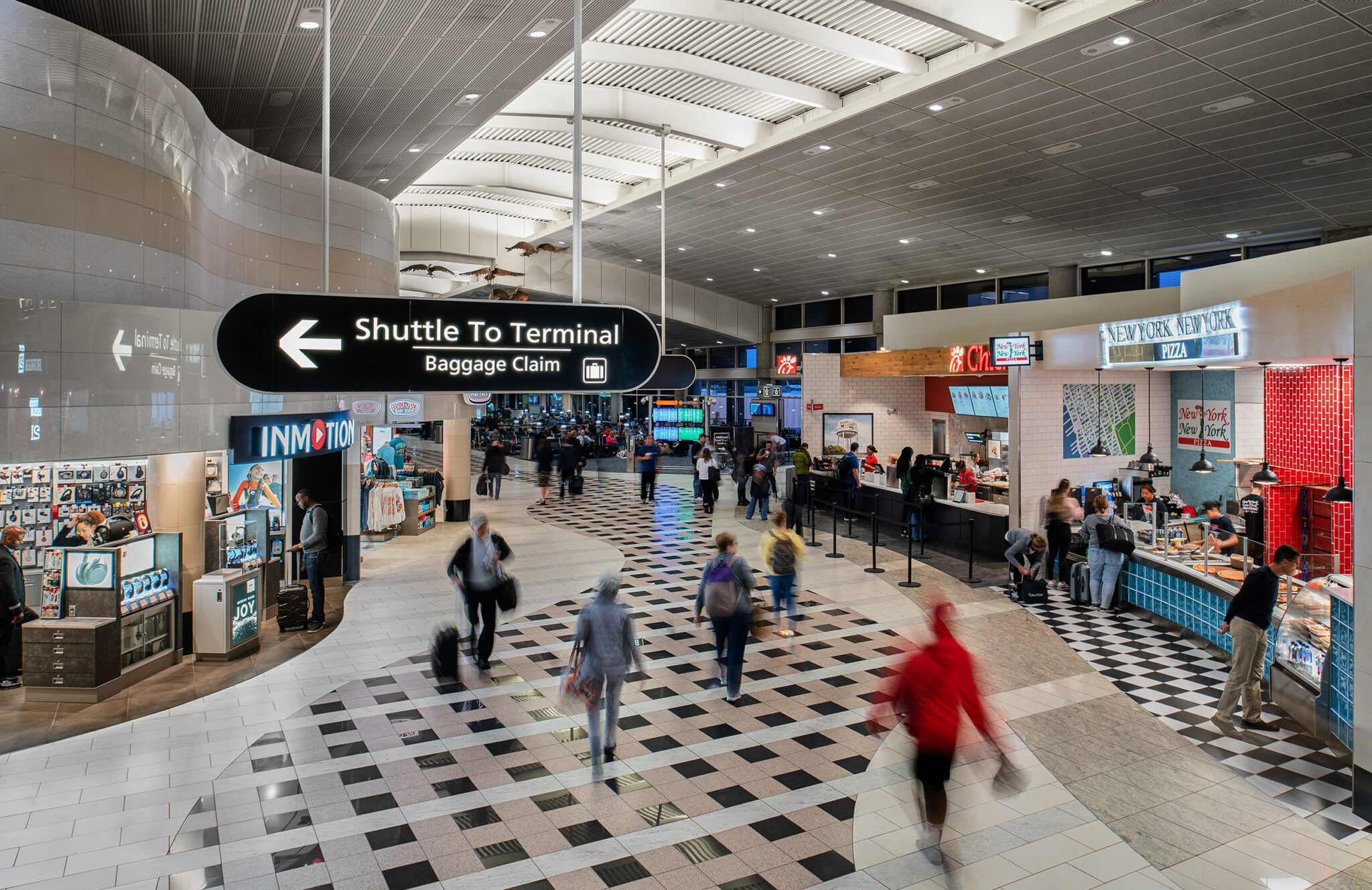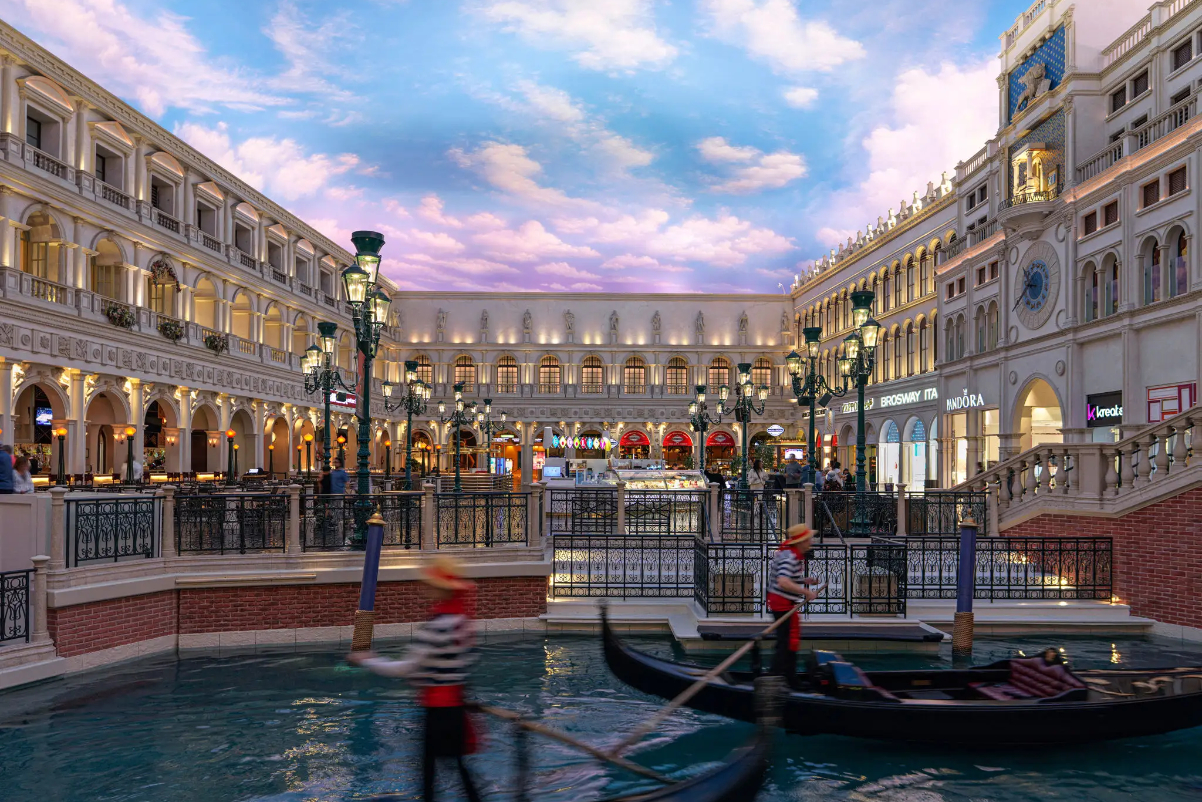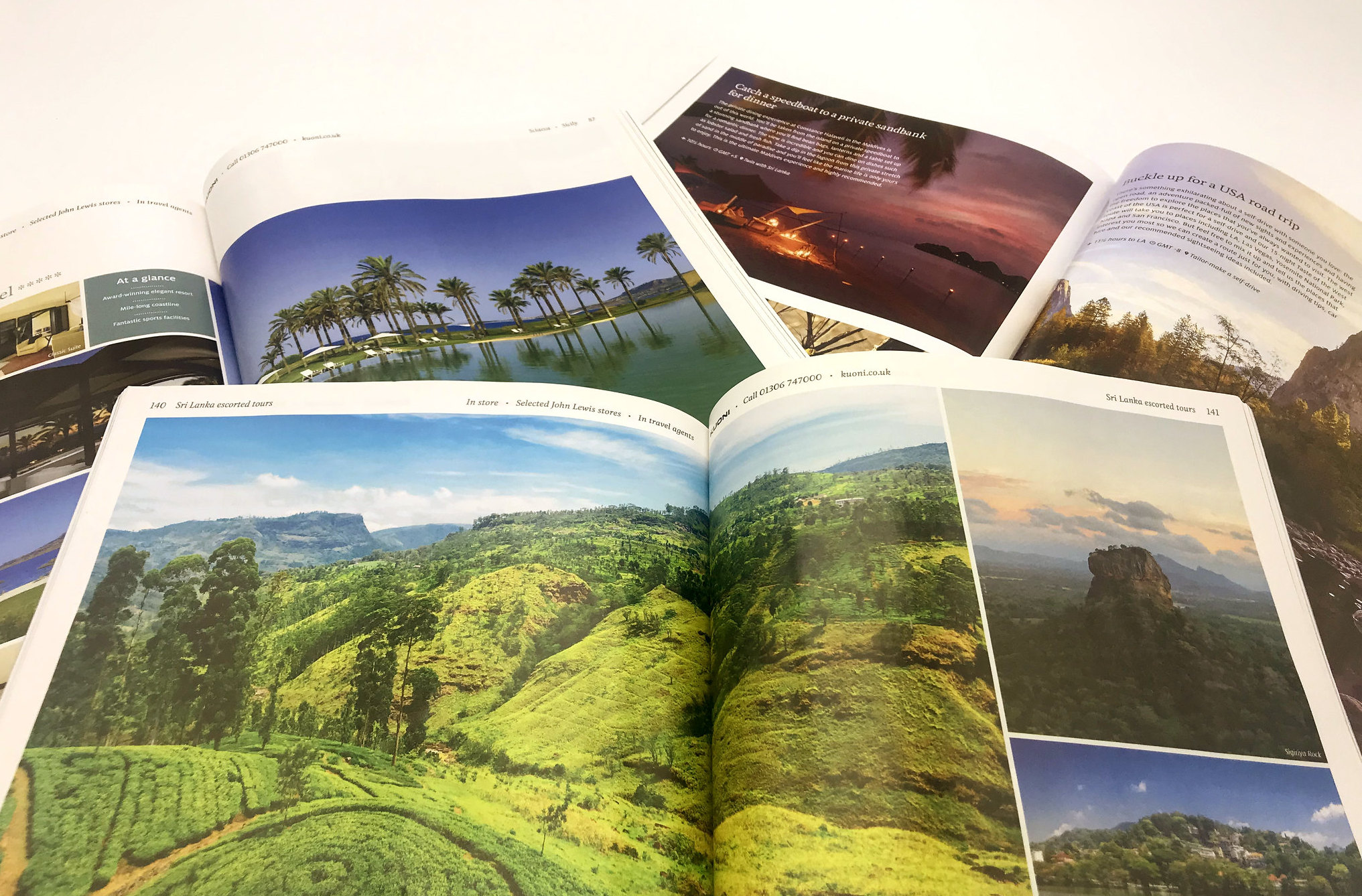Hilton Had a Very, Very Good Quarter

Skift Take

Skift Daily Briefing Podcast
Listen to the day’s top travel stories in under four minutes every weekday.Presented by Criteo.
Good morning from Skift. It’s Thursday, July 27. Here’s what you need to know about the business of travel today.
Listen Now
🎧 Subscribe
Apple Podcasts | Spotify | Overcast | Google Podcasts | Amazon Podcasts
Episode Notes
Hilton is seeing no signs of a slowdown in travel demand. The company said the second quarter was the best booking quarter in its history, reports Senior Hospitality Editor Sean O’Neill.
O’Neill reports Hilton’s second quarter revenue per available room — an important hotel industry performance metric — rose 12% from last year. CEO Christopher Nassetta expressed optimism on Wednesday that the good news would continue into next year. O’Neill notes that leisure and corporate travel were major revenue drivers for the company. Roughly 85% of Hilton’s revenue comes from corporate travelers at small-to-medium sized businesses.
Nassetta also hinted Hilton is considering adding a new luxury lifestyle brand to its portfolio, adding the company could launch something in the sector next year.
Next, the ongoing FIFA Women’s World Cup is sparking a U.S.-led tourism boom in Australia, writes Reporter Jess Wade.
An executive at Tourism Australia cited the enormous interest in two-time defending champion U.S. team as a reason Americans are the largest group traveling to Australia for the tournament. Tourism Australia expects the projected 55,000 World Cup visitors to inject $385 million into the country’s economy.
Tourism Australia Managing Director Phillipa Harrison said the tournament comes at a crucial time for an Australian tourism industry still recovering from the pandemic.
Finally, travelers and travel companies have increasingly expressed a desire in recent years to make the industry more sustainable. But are they making any progress in doing so? Associate Editor Rashaad Jorden provides answers using Ask Skift, our artificial intelligence chatbot, and further research.
Although the vast majority of travelers have said greener travel is important to them, Jorden reports most of them aren’t willing to shell out more money for sustainable travel options. Skift Research revealed late last year only 23% of travelers had paid more for greener travel in the previous 12 months.
However, Jorden adds that the travel industry has made some progress in reducing its massive carbon footprint. The U.S. National Park Service is moving toward adopting a 100% electric vehicle fleet as well as installing charging station infrastructure within its parks. In addition, the Grand Canyon National Park received $27.5 million in federal funding to electrify its bus shuttles.






